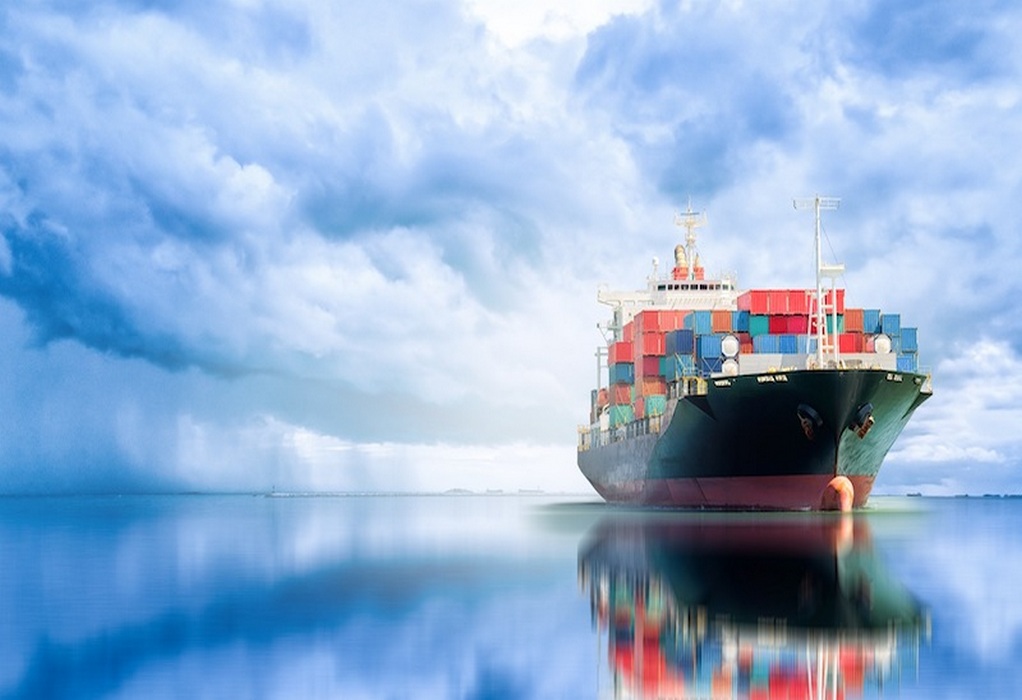According to a forecast released by the classification society DNV reports, the shipping industry will need massive onboard technology investments ranging between $8 to $28 billion per year between 2022 and 2050 to reach full net-zero goals.
DNV released its sixth maritime forecast during SMM, an international maritime trade fair in Hamburg, Germany, urging cross-industry collaboration to help overcome the “ultimate hurdle” of fuel availability.
The publication considers the comprehensive production, distribution and bunkering infrastructures required to enable the maritime industry’s shift to carbon-neutral fuels.
It also presents an updated outlook on regulations, drivers, future technologies, and costs for decarbonizing shipping.
The report models two different decarbonization pathways: ‘Current IMO ambitions to 2050’ and ‘Full Decarbonization by 2050’.
DNV’s modelling points to a diverse future energy mix comprising both fossil and carbon-neutral fuels, with fossil fuels gradually phased out by 2050.
In the forecast, DNV highlights the importance of cross-industry collaborations which are believed to play an important role in making decisions for the future carbon-neutral fuel mix.
Coordinated plans by all stakeholders, including major energy and fuel providers and ports, are crucial while public incentives must encourage first movers to participate in a nascent global network of green shipping corridors, DNV says.
Tags: Bunkering, Carbon Neutral, DNV, Shippig



Recent Posts
Hygenco Commissions Maharashtra’s First Green Hydrogen and Oxygen Facility to Power STL’s Net Zero Goals
India Invites Second Round of R&D Proposals Under ₹4 Billion Green Hydrogen Mission
BMTC Adds 148 Tata Electric Buses to Bengaluru Fleet, Strengthens Green Mobility Drive
MITSUI E&S Deploys Hydrogen Fuel-Cell RTG Crane at Yokohama’s Minami Honmoku Terminal
WinGD’s first ammonia-fuelled engine installed on EXMAR vessels
DP World and Asian Terminals Inc deploy first fleet of electric internal transfer vehicles in the Philippines
Lloyd’s Register Decarbonisation Hub Joins Mærsk Mc-Kinney Møller Center as Knowledge Partner
Wärtsilä engines selected to deliver reliable power for US data center